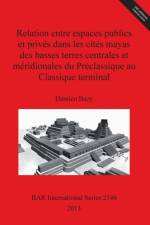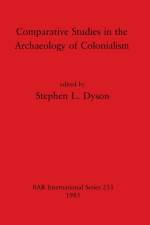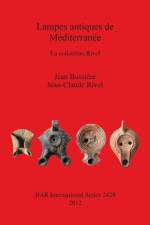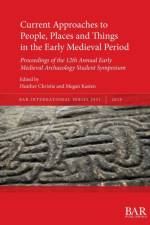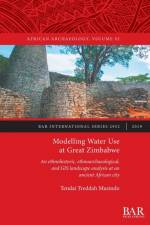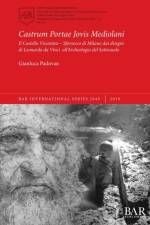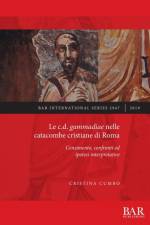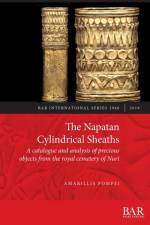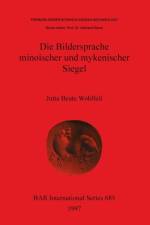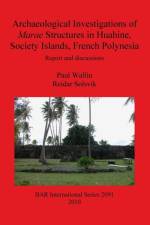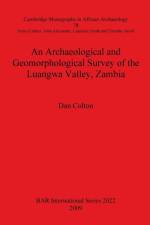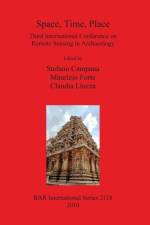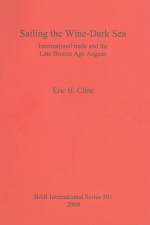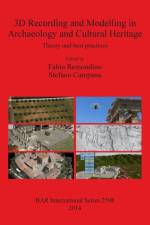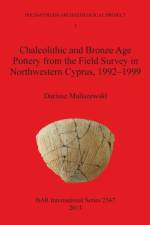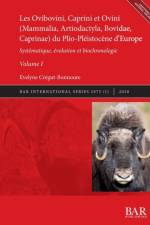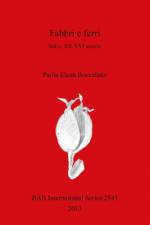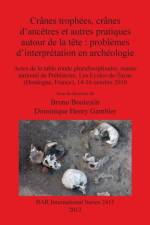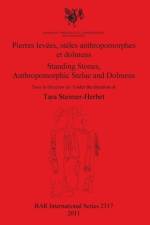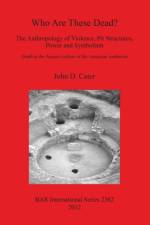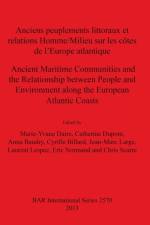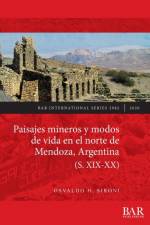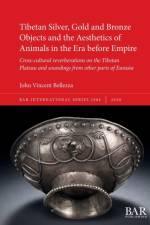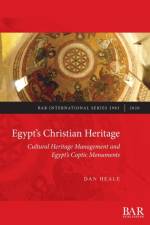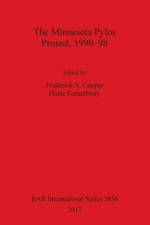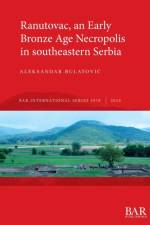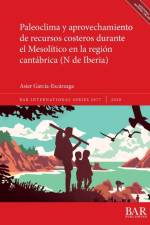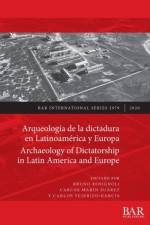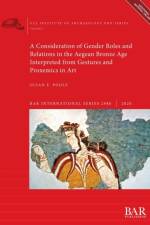- Il Castello Visconteo - Sforzesco di Milano dai disegni di Leonardo da Vinci all'Archeologia del Sottosuolo
av Gianluca Padovan
1 379
Il Castello di Milano è un'opera medievale voluta dai Visconti e potenziata dagli Sforza. Oggi è sede di biblioteche, musei e raccolte d'arte, ma rimane una formidabile "macchina da combattimento", dove hanno lavorato tra i migliori architetti e ingegneri italiani. I soli studi d'epoca medievale riguardanti la Fortezza, a oggi noti, sono di Leonardo da Vinci, il quale ne ha esaminato le difese, comprensive delle parti sotterranee, prospettando i miglioramenti. Trent'anni d'indagini speleologiche condotte innanzitutto nei suoi sotterranei hanno permesso di eseguire le planimetrie dell'articolato sistema, composto anche di canali d'acqua segreti, mettendole a confronto con i disegni leonardeschi. Si è così compreso che una parte della Fortezza non è stata demolita, ma solo "cimata": oggi nel sottosuolo esiste un patrimonio archeologico, architettonico e artistico inestimabile, ma da recuperare integralmente. Il lavoro presenta un metodo d'indagine multidisciplinare che può essere facilmente applicato allo studio di ogni altra fortificazione europea. The castle of Milan is a medieval work commissioned by the Visconti and developed by the Sforza. Today it is intended for cultural functions but its origins are those of a formidable "combat machine". Some of the best Italian architects and engineers worked on the creation of the castle. The only studies known about the fortress, belonging to the medieval age, are by Leonardo da Vinci. He examined the defences, including the underground parts, looking for improvements. Thirty years of speleological investigations, first of all conducted in its basements, and also concerning secret water channels, have allowed us to carry out the plans of the complex system and to compare them with Leonardo's drawings. This has made it clear to the author that a part of the Fortress has not been demolished, but only "cut" in the surface. Today there is an invaluable archaeological, architectural and artistic heritage to be fully recovered. The work presents a method of multidisciplinary investigation that can be applied to the study of any other European fortification.

